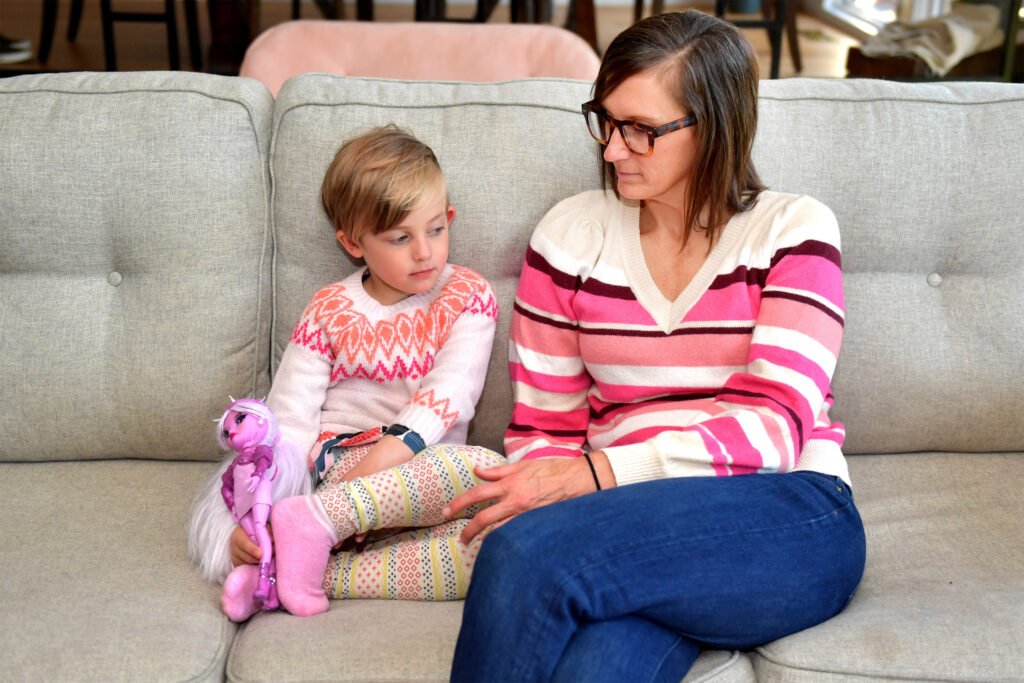Ryan Wettstein Nauman, a 3-year-old from Peoria, Illinois, had a frightening experience last December when she couldn’t stop crying one evening. Her mother, Maggi Wettstein, was concerned it could be a yeast or urinary tract infection, issues they had been dealing with during potty training. With urgent care centers closed for the night, Maggi made the decision to take Ryan to the emergency room at Carle Health around 10:30 p.m.
Upon arriving at the ER, the family found the waiting room to be quiet. Ryan was triaged and given a nasal swab test for covid-19 and influenza A and B. As they waited for the results, Maggi noticed that Ryan had stopped crying and seemed fine. Deciding there was no need to keep Ryan awake any longer, Maggi chose to take her home, assuming they would avoid a hefty ER bill.
However, eight months later, the bill arrived, totaling $445 for the combined covid and flu test, even though Ryan never made it beyond the waiting room. Despite not seeing a doctor, the family was left with a bill of $298.15 after an insurance discount. This amount seemed excessive to Maggi, especially considering the availability of at-home covid and flu tests at a fraction of the cost.
The billing problem stemmed from the hospital’s markup and standard insurance rules. With the public health emergency for covid testing no longer in effect, patients are often left to cover the costs of tests and procedures. Hospital markups, based on what Medicare pays, can result in significantly higher charges for patients, as was the case for Ryan’s family.
After reaching out to the hospital’s billing department, Maggi was informed that the charge was correct and supported by documentation. Despite never receiving care, the family was expected to pay for the covid test. This unexpected bill left Maggi feeling frustrated and baffled by the situation.
Moving forward, Maggi plans to avoid unnecessary ER visits and opt for a pediatrician or urgent care center instead. The experience has highlighted the importance of understanding healthcare costs and making informed decisions about where to seek treatment. By communicating with healthcare providers and insurers, patients can advocate for fair billing practices and avoid unnecessary financial burdens.


